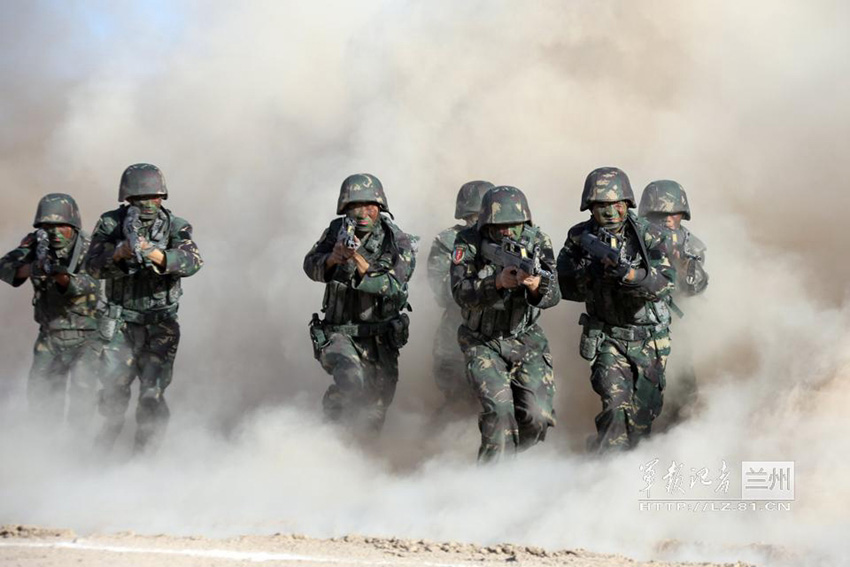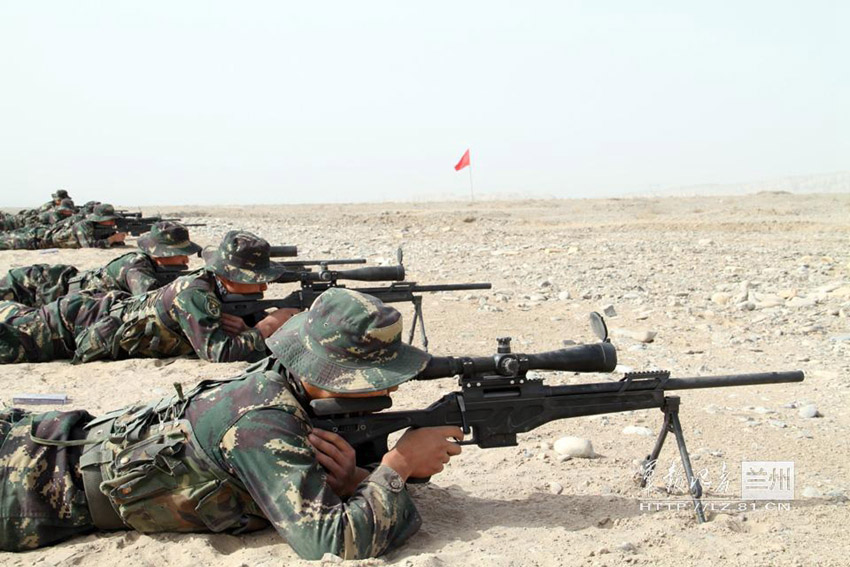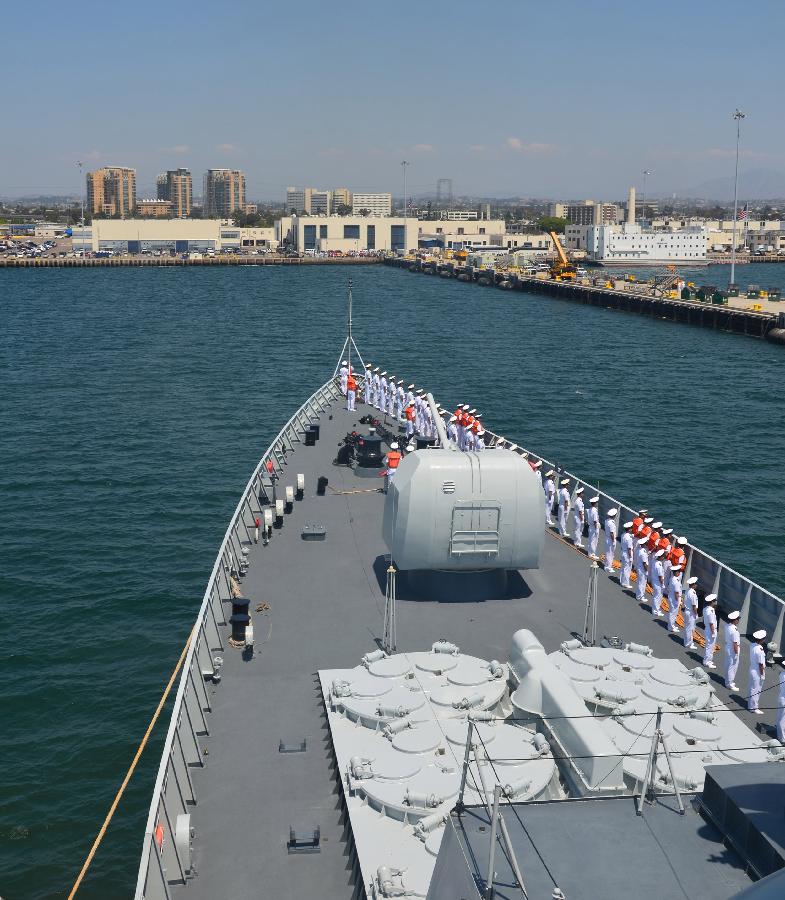Vidqun:
Perhaps this is what they mean for the PLA to be more transparent. How do they fit into the (Chinese) scheme of things? Who controls China’s arsenal, the politicians or the military? Fact of the matter is: China’s nine-man Politburo Standing Committee, the nation’s top political body, is staffed with technocrats, and has no military representative. The Americans coined the phrase “the Chinese civilian-military disconnect”.
The theoretical situation is that the PLA (the Chinese Army) is controlled by the Central Military Commission of the CPC. The Chinese President is Chairman of that body. The President has the power to proclaim a state of war and to issue mobilisation order, but theoretically exercises that power in accord with the National People's Congress (NPC),
Historically, the memory of the Warlord era (after the breakdown of the Qing regime) is so strong that civilian control (in the form of the CPC) will be the norm in the foreseeable future, in my view.
Having said that, the practical picture is more complicated. The People' Republic proclaimed by Mao Zedong in front of the Forbidden City on October, 1 - 1949
http://www.youtube.com/watch?v=TJcol3SJ6ww
was the outcome of victory in the civil war with Chiang Kaishek's GMD - so all members of the victorious CPC had been essentially involved in the PLA in some way. (Deng Xiaoping had proven his organising ability by raising and training two divisions of peasant soldiers.) Even so, the CPC attached political cadres to army units), but the links between the civilian government and the PLA must have been very close.
It is is my opinion that there was only one specific occasion when military intervention decided civilian control, and that was when Mao died. His wife (widow) attempted to take control of the government and the army supported the dissenting Party faction in arresting her and her supporters. Clearly, the leadership of the PLA is close to the government, just as it is in the USA.
I'm interested in your comment on the fact that control of the Chinese government is in the hands of technocrats. Did you mean to imply that that is not a good thing?
If so, I'd argue that its a good thing. The CPC works hard to increase the professional skills of the goverment leaders, as explained in this Reuters report:
Reference: http://www.reuters.com/article/2013/02/28/us-china-education-idUSBRE91R1KW20130228
Here's an extract:

Sun Zhengcai, then party chief of Jilin province attends a meeting held on the sidelines of the 18th National Congress of the CPC, in Beijing, in this November 9, 2012 file photo. Sun earned his PhD from China Agricultural University in 1997, experimenting with different fertilizers for crop rotation in northern China, according to his doctoral thesis. Sun represents one of the more far reaching changes in Chinese politics. Highly educated leaders in a broad range of disciplines are rising to the top of the ruling Communist Party, according to data from Connected China, a Reuters database application that tracks the connections and careers of China's leaders.
There's more, if you care to check it out.










